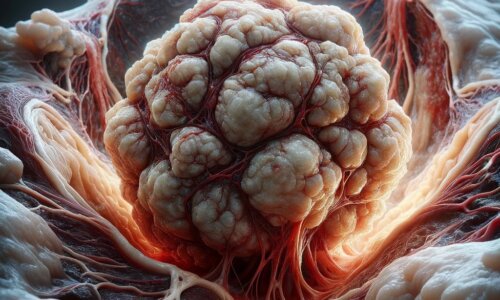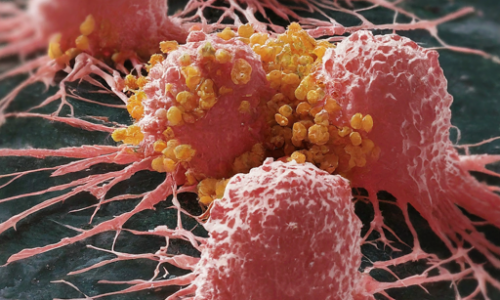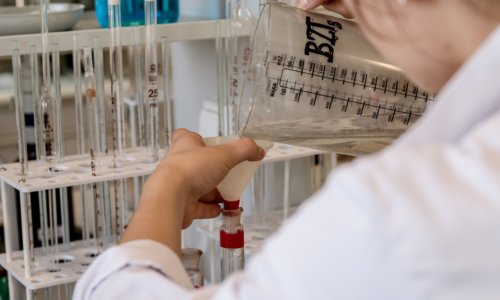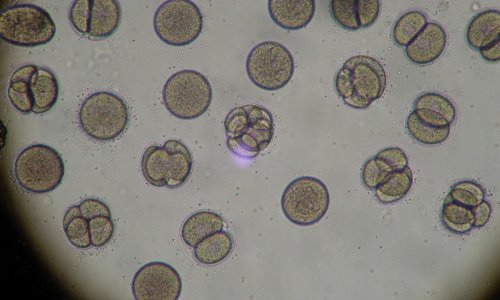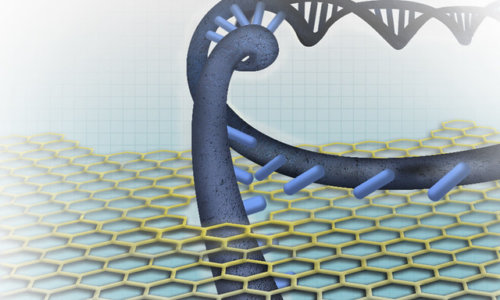The Abscopal Effect in Oncology and the Role of Intensity Therapeutics
The abscopal effect, a phenomenon where localized treatment of a primary tumor leads to regression of metastatic cancer lesions at distant sites, has garnered significant interest in oncology. This term, derived from the Latin “ab” (away from) and the Greek “scopus” (target), describes a rare but significant systemic response to localized cancer therapy. Key players … Read more

